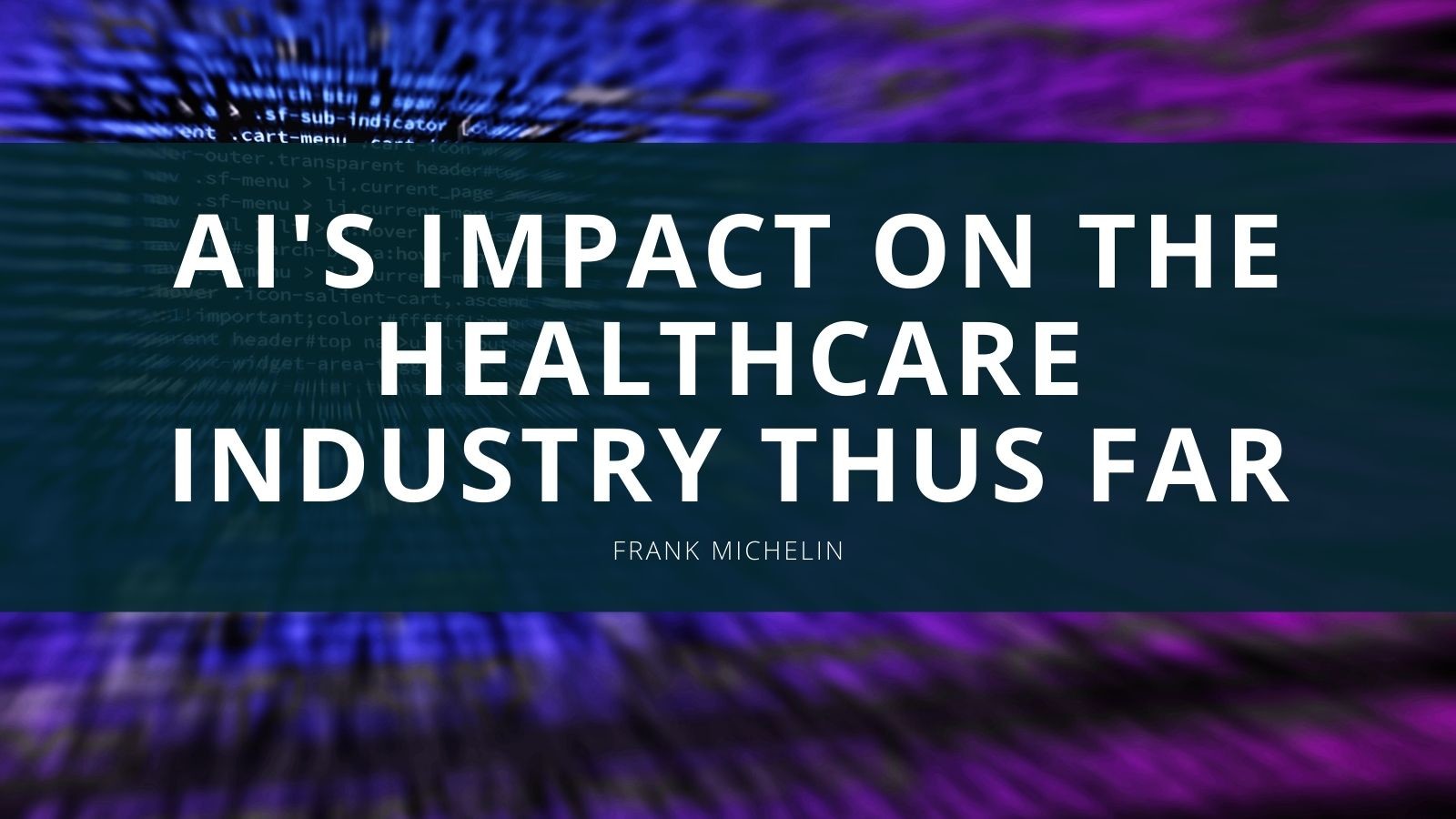AI has grown in different sectors of our lives, and the health sector is one of its benefactors. It’s used in diagnostics and treatment management. There has been a massive growth of AI in the health industry to aid in clinical decisions, minimizing risks while improving treatment. These developments come with the fear of AI surpassing human intelligence at some point. Health practitioners provide better healthcare services using AI combined with clinical findings. With time this tech will replace physicians with enhanced clinical decisions and better diagnostic results.
Areas Influenced by AI
AI has been through various transformations, although most have been achieved in 2020 due to the covid-19 outbreak. The health sector had to develop software tools like Chabot’s, which proved to be lifesavers.
Covid-19
Covid-19 has taken a toll on the health sector and disrupted the world in every way possible. To curb the virus’s spread, AI has been used to discover treatment through building models and inventing a vaccine for the virus. Corona bots have played a significant role in giving updates and useful information on the virus.
Improve Patient Flow
It’s a common scenario to see critical patients wait to be attended to due to limited resources and lose their lives. AI slowly changes the situation by identifying essential cases that need first attention and the patient’s duration. Physicians can treat their patients fast, thus minimizing congestion in hospitals.
Appointment
Generally, not all conditions need professional attention, and AI allows patients to self-analyze themselves. The intelligence scans patients survey and refers those who need proper treatment. This way, more attention is directed to critical patients, thus saving time.
Record Keeping
Initially, this was a strenuous situation as one had to go through a pile of files to find patients’ records. However, AI has ensured patients’ information is e-recorded and accessed at any given time.
Health Personalization
With artificial intelligence, it’s possible to keep a personalized medical plan for every patient considering their health history. It’s not possible to manually achieve this since its entails a lot of work.
Those who can decode data are at an advantage since the world is evolving around data knowledge. The health sector has many data; hence it requires AI to improve itself through deep learning techniques and machine learning.


